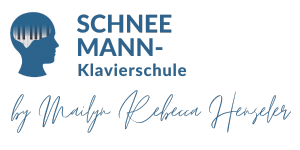The SCHNEEMANN® piano learning system
Find out more about the efficient SCHNEEMANN® piano learning system, which makes it easy to play the piano at any age and at any level.
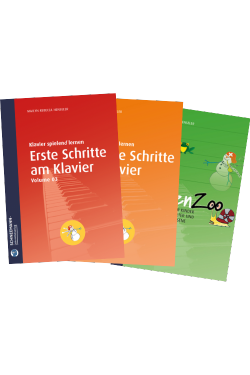

Learn to play the piano with strategies that will help you progress effectively and enjoyably
The SCHNEEMANN® piano learning system (developed by Mailyn Rebecca Henseler from the "SCHNEEMANN method") is a completely new approach to teaching piano playing and reading music. It combines the latest learning techniques with findings from brain research, learning research and Gestalt psychology to activate and promote our full potential when learning to play the piano.
In this way, EVERY motivated piano player can acquire new piano playing skills that build on HIS previous experience!

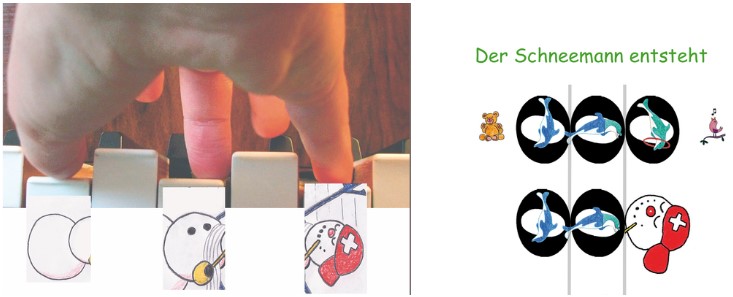
Learning to read music has never been so easy! Thanks to holistic thinking and the extraordinary learning system. Also for learning the keyboard. Reading sheet music is as easy as reading a map or watching a film. With simple concepts and pictures, it's effortless.
Many piano students have been "overwhelmed" by the complexity of piano playing on their way to mastering it and have sooner or later given up in frustration. There are several reasons for this. One of them is that, in contrast to melodic instruments, many times more information has to be processed simultaneously when playing the piano!
People learn much more easily and quickly in groups and meaningful units. However, conventional methods do not take this into account. Instead, traditional methods mean that pupils are still busy using their intellect to decipher every single note name in a piece.
It is much easier to read notes primarily graphically. In other words, using special learning and playing techniques to set meaningful structures, units and note patterns in motion and only then to include the note names in a meaningful context as additional support.
However, the ability of those who make successful progress on this instrument, i.e. are labelled as talented, is basically "only" a result of unconsciously applying the right learning and thinking strategy or system. In conjunction with an effortless and efficient playing technique, this makes it possible to cope with the multitude and complexity of information when playing the piano and to implement it with ease.
The SCHNEEMANN® piano learning system on television
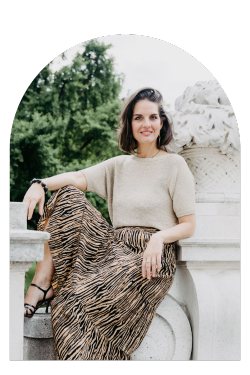

Answers to the most frequently asked questions
How do people learn? Why do some people struggle, while others find everything easy? What do gifted people do differently to others? What processes take place in the brain and the entire body system and how can these be transferred to piano lessons?
On the basis of findings from brain research it became clear that different processes in the brain lead to different results. HOW we do things plays the central role. These processes have now been researched and learning tools and practice methods have been developed that enable a new dimension of knowledge transfer in piano lessons. According to Maria Montessori's motto "Help me to do it myself and have patience to understand my ways".
The Schneemann® piano learning system contains highly effective strategies and learning techniques aimed at "knowing" how to play the piano and teach skillsto learn pieces more easily and effortlessly and to play them by heart. Students who learn to play the piano with the Schneemann® piano learning system make on average 4-5 times faster progress. Because our brain processes images 60,000 times faster than text and these are linked so seamlessly with the appropriate playing technique from the very beginning of piano lessons that the realisation of note structures is practically effortless. More information - click here.
The SCHNEEMANN® piano learning system consciously networks different regions of the brain, which, by working together and networking, make it much easier to learn new and complex things. It encounters the the complexity of playing the piano with simple pictures, simple language and a lot of imagination, that packs sophisticated ideas into amazingly simple stories and pictures.
As one student put it, the SCHNEEMANN® piano learning system teaches "the real through the unreal". This is how structure and logic wrapped in fantasy and images and DOING and realising comes BEFORE grasping: "First grasp, then grasp", "From big to small learning", "Always combine the new with the known and familiar".
Playing a piece is no longer the result of the unconscious "reeling off" of countless repetitions of movement sequences that are burnt into the subconscious and quickly forgotten (pure motor memory), but is based on real knowledge and the networking of the whole person with all his conscious and unconscious levels and is therefore extremely sustainable. These learning techniques make it possible to read music at lightning speed as well as to memorise and learn difficult passages easily and effortlessly.
For everyone. Children from pre-school age as well as adults, whether beginners of all ages or professional pianists and piano teachers: everyone benefits from the efficient approaches, highly effective learning strategies and the holistic and networked approaches of our learning system and can thus also reduce their practice time many times over, with equally reliable results.
Get to know the SCHNEEMANN® piano learning system partners
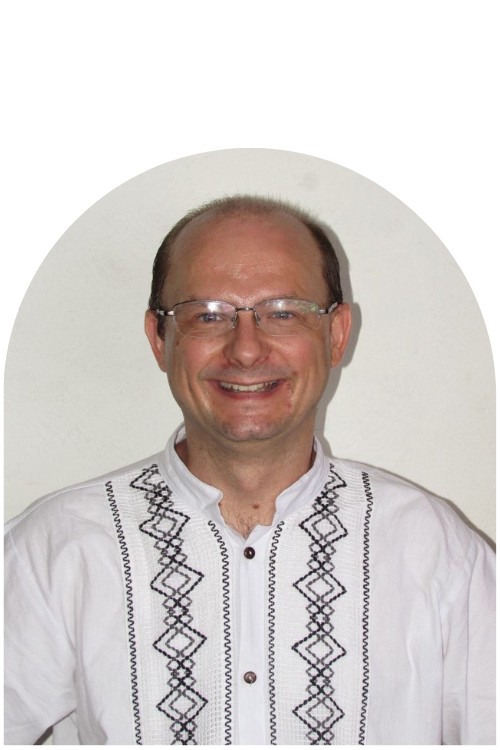
Cristian Lang, co-author of the Spanish Piano Schools
- Having grown up near Hermannstadt (Romania) and later in Öhringen (Hohenlohe), he completed his piano diploma in 2005 in Trossingen and then lived in Mexico for three years, where he taught piano, German and English.
- He has now lived in the Rhineland for more than ten years. In 2008, he studied to become a music teacher in Cologne, specialising in singing, choir conducting and jazz drums, while he was already starting to teach using the Schneemann® piano learning system, which not only saved his piano lessons, but continues to be a source of great joy today.
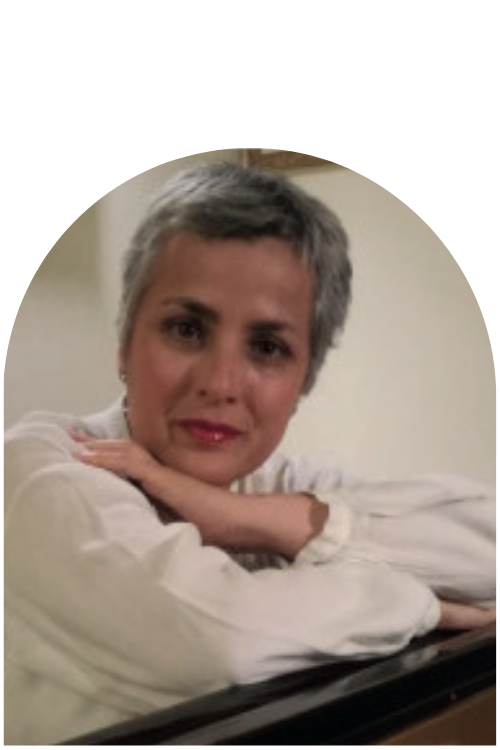
Eva García Serrano
- Degree in instrumental pedagogy at the mdw - University of Music and Performing Arts Vienna
- Piano teacher in Spain at the Escuelas Municipales de Música de Badajoz
- Accompanying pianist at the Escuela Superior de Música de Extremadura (Musikex)
- Certified Schneemann® piano teacher (by Mailyn Rebecca Henseler)
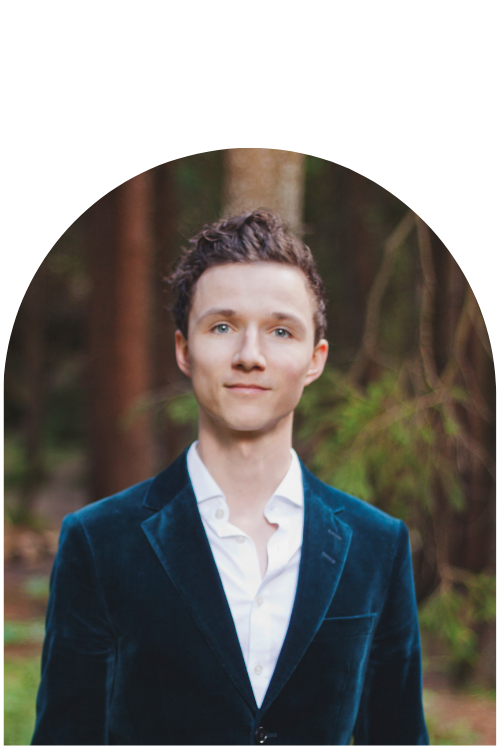
- The award-winning British-Polish-German pianist Benjamin Mead has quickly established himself as an expressive and sensitive accompanist. He is a co-founder of the Rhone Festival in Switzerland.
- After studying piano at the Robert Schumann Hochschule, Benjamin graduated from the Royal Academy of Music with a Master of Arts and an Advanced Diploma in Piano Accompaniment. He was then Shinn Fellow Coordinator of the Academy Voices and Song Circle and has recently joined the Vocal Faculty of the Royal Academy of Music as a repertoire coach.
- In addition to his performances, he teaches at the music school in Brig, Switzerland, and is about to complete his certification as a SCHNEEMANN® piano teacher.
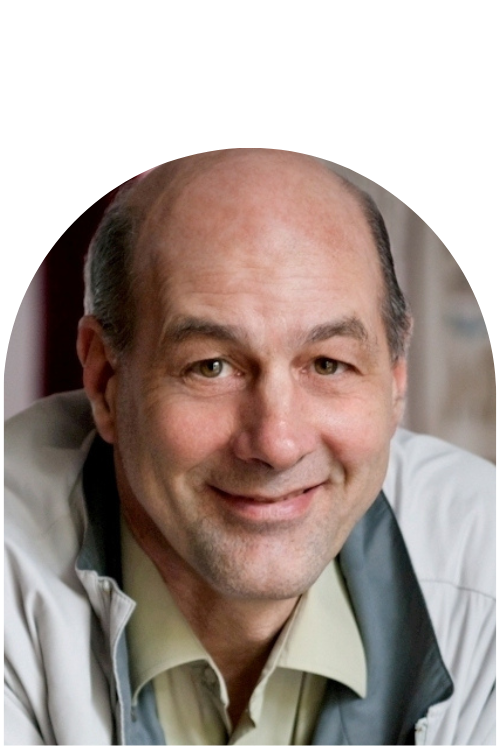
Alan Fraser
- Alan Fraser, who has been developing a new approach to piano technique since the 1970s, is still researching these questions intensively and brings new material and new insights to the Alan Fraser Piano Institute every year.
- As a partner of the SCHNEEMANN® Piano School, we regularly exchange ideas with him.

Would you like to find out more about the SCHNEEMANN® piano learning system?
By sending your contact enquiry, you consent to the processing of your data for the purpose of responding to your enquiry. You can find all further information on data processing in the privacy policy.
In addition to our SCHNEEMANN® piano learning system, we offer the wonderful method of Valerie Brainin.
It works independently of any instrument and provides an absolutely unique and holistic approach to the grammar of music in general, from an early age.
